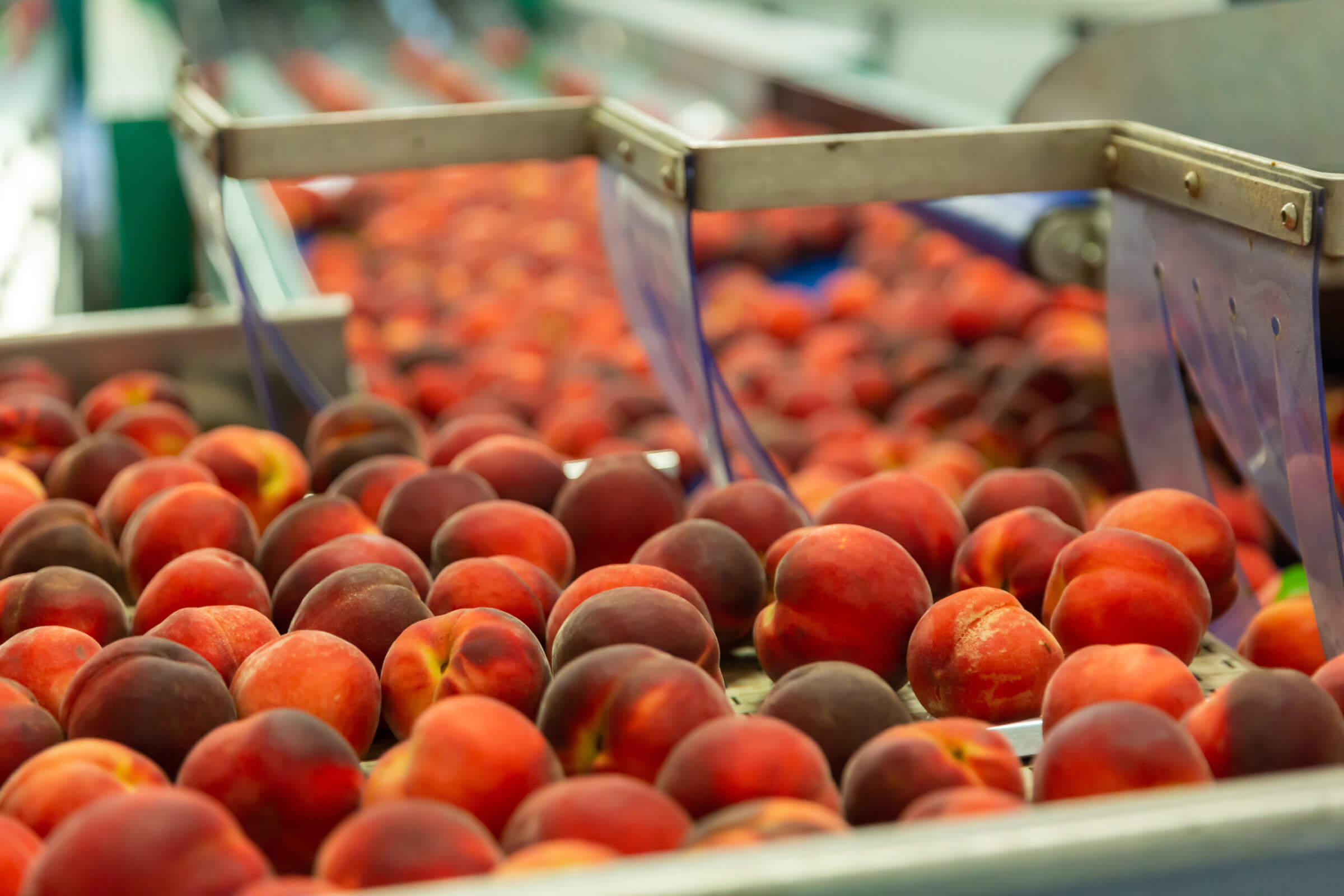The US Food and Drug Administration (FDA) believes that investing in food traceability is the best way to ensure the safety of the food supply. To this end, they have implemented the Food Safety Management Act (FSMA) and rule 204, which specifies what foods require additional traceability. For most companies in the food industry, regulation demands these kinds of investments but can drive initiatives beyond just compliance.
Beyond compliance requirements, investing in food traceability offers a range of other benefits that can contribute to increased operational efficiency, better inventory management and minimized waste, product quality control and consistency measures, risk mitigation strategies around more effective and targeted recalls and response to other issues, anti-food fraud initiatives, and enhanced brand trust and consumer confidence with greater granularity of product information.
Return on food traceability investment
These benefits offer much more than nice-to-have data and information. They also serve as a strategic tool for businesses not only to gain a competitive advantage but also to get a return on investment – in many possible ways.
In the context of food traceability and FSMA section 204, businesses will be required to implement traceability to address the growing food safety problem in the United States. And compliance can feel like a sunk cost with little to no upside. But with digital traceability technology, businesses can reap economic benefits from and recoup their investment by mobilizing data generated from food products moving through the supply chain – from production to distribution to retail.
What are some of the ways food industry businesses can cut costs or realize a positive ROI from traceability?
Avoiding non-compliance penalties
Not insignificant but still connected to regulatory compliance, digital ID technology can underpin compliance efforts and help businesses avoid fines and penalties that come with non-compliance.
Operational efficiency and risk mitigation through supply chain visibility
Traceability systems can improve the overall efficiency of the supply chain by providing real-time visibility into the movement of products. This can lead to better inventory management, reduced stockouts, less waste, better control over product quality and consistency measures and improved order fulfillment. Traceability can also help reduce risk and cut recall costs, as traceability data helps to identify and isolate specific production batches or lots for speedier, more targeted recall. Fewer products thus end up affected by the recall action. All of these improvements can deliver cost savings through streamlined processes and identification and taking advantage of efficiencies.
Anti-fraud initiatives and authenticity measures: Foster consumer trust and safety
Food fraud is rampant, and robust traceability helps to stamp it out. Traceability builds trust and safety by providing information about the origin, production methods, and journey of the food they purchase. This transparency enhances the authenticity of the product and strengthens consumer confidence in the brand.
Investing in food traceability data drives ROI
Calculating the ROI of food traceability will vary depending on the size and nature of the business, the complexity of the supply chain, and what programs for which traceability is used. Additionally, intangible brand reputation benefits can be difficult to quantify but are also a factor.
The data gathered by traceability systems can be analyzed to identify patterns, optimize supply chain processes, and make informed strategic decisions. This data-driven approach contributes to continuous improvement in the efficiency of the supply chain.
Getting full value from a traceable food system
Investing in food traceability goes beyond meeting regulatory requirements; it serves as a strategic tool for businesses to enhance operational efficiency, build trust with consumers, and gain a competitive edge in the market.
→ Read more about what we do in the food space.
